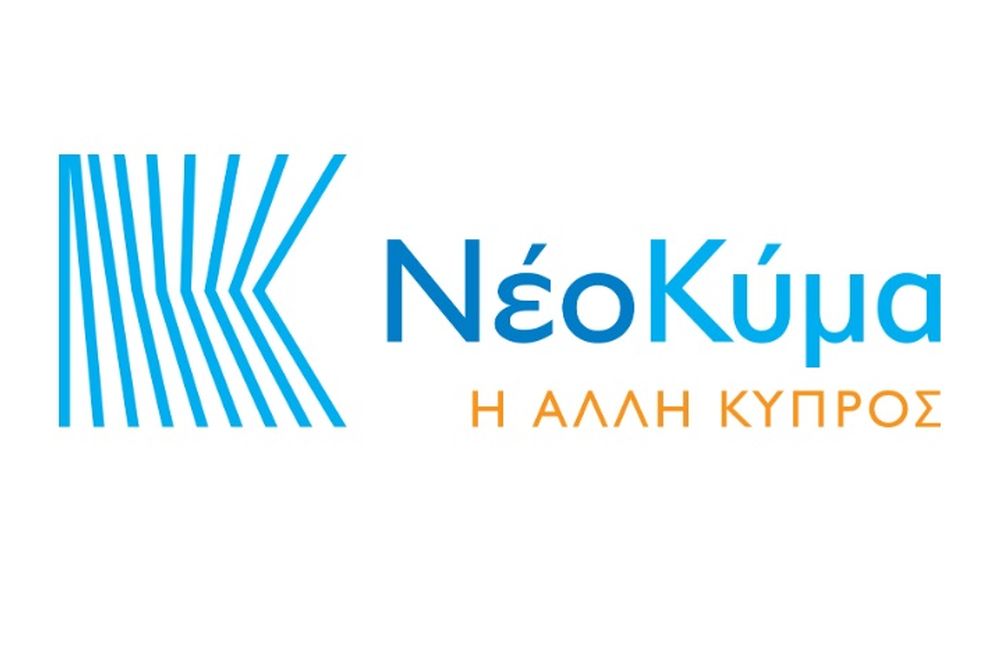By Michael Harari*
The negotiations in Vienna, regarding the return to the nuclear agreement from which the United States withdrew, are now being conducted intensively, and by all indications the chances of its completion are high, possibly in the coming days. It looks like there are efforts to conclude the agreement even in parallel to the war in Ukraine. The exact details are not clear, but it is probable that this agreement will not include substantial changes from the previous one. Hence, it is important to think about the Israeli steps in “the day after”.
It is essential to consider a few recent starting points:
- The Biden administration was determined to return to the nuclear deal, and to fix what the Trump administration, in its view, ruined when it decided to withdraw from the agreement (as remembered, with Israeli encouragement). As a result, the ability to significantly change the agreement, and to include conditions that did not exist before, were quite tenuous. In Washington’s view, it is better to return Iran to the framework of an agreement, which halted the enrichment work (and further steps) up to the American withdrawal, over a desirable improvement of the agreement, but which does not seem to be achievable now.
- Iran is signaling its readiness to return to the agreement framework. Tehran seems to understand its room for maneuver, and for them it will be important to ascertain the renewed American commitment to adhere to the agreement, and the removal of sanctions as soon as possible. It is likely that Iran is not prepared to include in the agreement new significant commitments which were not included in the previous agreement, and even more so the curbing of its assertive regional foreign policy.
- The current Israeli government is not interested in a frontal confrontation with the White House. Unlike its predecessor, the current government understands very well that neither a frontal confrontation, let alone a public one, serves the Israeli interests. The last months have shown that discussions are being held discretely, although in public Israel is continuously expressing its opposition to the return to the agreement, but not in an inflammatory manner.
- Israel’s regional status is improved. The Abraham Accords, with an emphasis on its tightening relations with the Gulf states, place Israel in a comfortable and improved position vis-à-vis Iran. The Iranian challenge should still be taken seriously, but the political-strategic map is an indescribably different one than the one a decade ago. The impressive provincial architecture in the Middle East, and the apparent improvement of relations with Turkey (albeit with a limited guarantee), add to that.
What should be the Israeli policy for a possible return to the nuclear agreement?
- Israel should advance the agreement carefully and perhaps also with skepticism (requested perhaps in order to maintain its credibility) but certainly not in a belligerent way; it must emphasize that it will continue to monitor Iranian conduct closely and examine its commitment, mention its position on the points likely not to be included in it, and most importantly: express confidence in the United States’ determination to prevent a military nuclear capability from Iran, or to become a nuclear threshold state.
- Israel must continue to fortify the strategic regional array built in recent years: from the east with the Gulf states, and from the west with the Mediterranean basin countries, and Egypt and Jordan. The apparent improved dialogue with Ankara deserves to be handled slowly and with caution, however in the current context it can create an effective regional representation of, albeit non-uniform, mutual interests with all players in the region, vis-à-vis Iran.
- Israel must concentrate its public response to the relevant political triangle – the Prime Minister, and the Foreign and Defense Ministers – and maintain a uniform message (as far as possible in an Israeli coalition government).
The rationale behind the proposed move rests on the clear necessity of maintaining a strategic alliance with the United States, and a united front with the Biden administration, even if there are (understandable) points of disagreement between Israel and the United States. This is necessary considering the damage caused to Israel’s status due to its unilateral identification with the Republican side and the Trump administration, and no less important, to give Washington support in the face of powerful and challenging players like Russia and China, especially these days of the war in Ukraine.
It is also worth remembering that the current Israeli view, including the security system, looks positively, albeit cautiously and suspiciously, at returning to an agreement with Iran, as a preferred alternative to the current situation, and understands that the US withdrawal from the agreement was fundamentally wrong. It is necessary to bring this emphasis into public expression, even in the face of Israeli public opinion, and to reduce gradually the overly frequent use of the term existential threat.
Israel’s fear of Iran’s military nuclear capability is understandable, and deserves to be high on Israel’s priorities, however alongside other issues. We shall hope that today the understanding in Israel has sharpened that intelligent, political-strategic conduct, based on its strengths – militarily, economically, and socially – alongside the regional system, and the strategic alliance with the United States, pose a worthy challenge to Iran, with the return to the agreement.
*Michael Harari is Israel’s former ambassador to Cyprus and a Mitvim Institute fellow.

